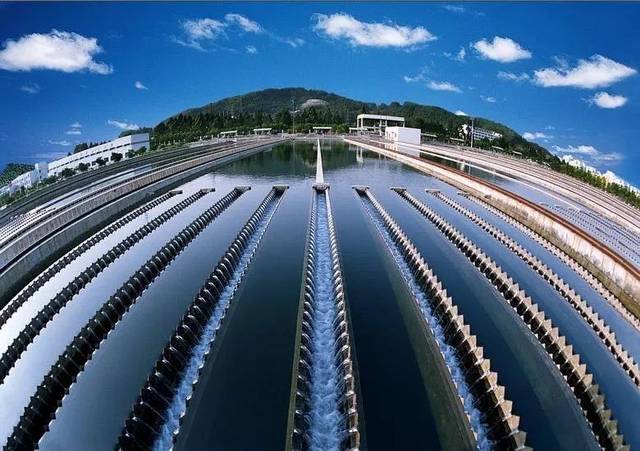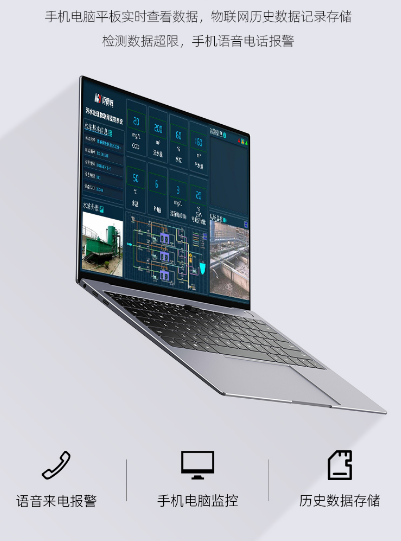Water Supply Safety Matters! How Can an Online Residual Chlorine Detector Help Enterprises Hold the "Last Line of Defense"?
In the water supply field, ensuring water quality safety is of utmost importance for enterprises. The control of residual chlorine is like a crucial link in the water supply safety chain. However, water supply enterprises face numerous challenges in residual chlorine management. Maideshi, a chlorine sensor Manufacturer, will elaborate on this issue in detail!

Pain Points Exposed: The "Residual Chlorine Dilemma" of Water Supply Enterprises
Residual chlorine plays an important role in sterilization and disinfection in the water supply system, but controlling its content is no easy task. If the residual chlorine content is too high, it will have a negative impact on users. Imagine when users turn on the tap and use water with high residual chlorine to take a bath, their skin will be irritated, which must be uncomfortable. Moreover, cooking with such water will also affect the taste of food. On the other hand, if the residual chlorine content is too low, the disinfection effect will be greatly reduced, and a large number of bacteria and other microorganisms will multiply in the water, easily leading to the risk of water pollution and threatening users' health.
The traditional manual detection method makes the problem even worse. Manual detection not only takes a long time but also has seriously lagging data. The situation at the end of the water supply system's pipeline network is complex, and the residual chlorine value may fluctuate at any time. By the time the problem is detected manually, it may have already affected the users, and the enterprise is likely to face user complaints and even penalties from regulatory authorities. According to relevant surveys, the number of user complaints caused by untimely manual detection has been increasing year by year, bringing considerable troubles to enterprises.
The "Powerful Guarantee" of the Online Residual Chlorine Detector
1. Real - time Monitoring
The online residual chlorine automatic sensor is like a "24 - hour guardian" of the water supply system. It can track the residual chlorine values at key nodes such as pipelines and water tanks in real - time. Once the data shows an abnormality, it will immediately send out an alarm signal. With it, enterprises can detect problems in advance and avoid "post - event remedies" when the problem becomes serious, greatly improving the guarantee level of water supply safety.
2. Precise Regulation
This detector can also be linked with the chlorination system. When it monitors that the residual chlorine value is out of the safe range, it will automatically adjust the chlorination dosage to ensure that the residual chlorine always stays within the safe range of 0.05 - 4mg/L. In this way, it can not only ensure the disinfection effect but also enhance the users' experience, truly achieving a perfect balance between the disinfection effect and the users' experience.
3. Data Recording
The online residual chlorine detector also has the function of data recording. It can automatically generate monitoring reports that meet regulatory requirements. When facing water quality spot checks, enterprises can easily present these reports, effectively reducing compliance risks. It's like putting an "insurance lock" on the enterprise's water supply safety.

The Practical Value for Enterprises: Beyond "Meeting Standards", It Can Also Reduce Costs and Increase Efficiency
1. Reduce User Complaints
Stable residual chlorine control can significantly improve the reputation of water quality. When users use safe and high - quality water, they will naturally file fewer complaints. Reducing user complaints also means reducing after - sales processing costs, allowing enterprises to invest more energy and funds in other important business areas.
2. Optimize Chlorination Costs
When manually operating the chlorination dosage, it is easy to make improper operations, resulting in the waste of chemicals. The precise regulation function of the online residual chlorine detector can avoid this situation. Statistics show that after using the online residual chlorine detector, enterprises can save 10% - 20% of the annual consumable costs, which is a significant expense.

The online residual chlorine detector is by no means an "extra device" for water supply enterprises but a "necessity" to ensure water supply safety. It is like the "last line of defense" for enterprises' water supply safety. If you also want to solve the residual chlorine problem and achieve the goal of cost reduction and efficiency improvement, welcome to consult Maideshi, a Digital residual chlorine sensor manufacturer, at any time.
Previous: Online Residual Chlorine Automatic Water Quality Detector Isn't "All - powerful", but It's a Must - have for These 4 Industries!
Next: Fluctuating Residual Chlorine? Online Residual Chlorine Automatic Monitor: Set Up a "Precise Early - warning Sentinel" for Waterworks

